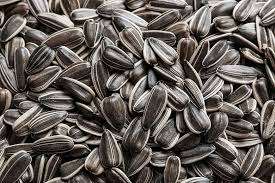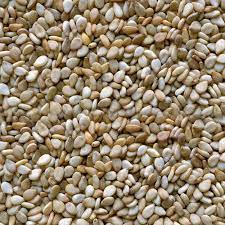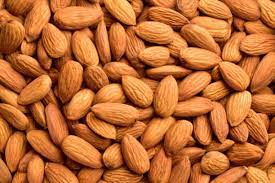Sunflower Seeds
Sunflower Seeds, Sunflower kernels are a cost-efficient way to add taste, texture and eye appeal to a variety of bakery products and snack selections.
Description
Sunflower seeds are the seeds of the sunflower. There are three types of commonly used sunflower seeds: linoleic, high oleic, and sunflower oil seeds. Each variety has its own unique levels of monounsaturated, saturated, and polyunsaturated fats. The information in this article refers mainly to the linoleic variety.
Sunflower kernels are a cost-efficient way to add taste, texture and eye appeal to a variety of bakery products and snack selections. Sunflower seeds in shell are an increasingly popular and nutritious snacking choice around the world, both raw and roasted and salted. Another well-known application is sunflower oil, used for cooking due to its lightness compared to olive oil.
Specification of Sunflower Seeds
|
Properties |
Values & Limits |
|
Physical State |
Seeds |
|
Color |
Off white-light gray |
|
Taste |
Cool, sweet, typical nutmeat flavor |
|
Odor |
Free from foreign odors |
|
Origin |
Poland |
|
Purity |
99.98%-99.99% Typical |
|
Moisture |
4.0-8.0% |
|
Ash |
2.0-5.0% |
|
Broken Kernels |
<15% |
|
Kernels Covered by Shell |
<10 Pieces/lb |
|
Salmonella |
Negative |
Packaging For Container Shipment
|
Products |
Packing |
Container |
|
Sunflower Seed Kernels |
25 Kg Bags |
480 bags in 20’FCL 960 Bags in 40’FCL |
The seeds are incredibly rich sources of many essential minerals. Calcium, iron, manganese, zinc, magnesium, selenium, and copper are especially concentrated in sunflower seeds. Many of these minerals play a vital role in bone mineralization, red blood cell production, enzyme secretion, hormone production, as well as in the regulation of cardiac and skeletal muscle activities.







Reviews
There are no reviews yet.